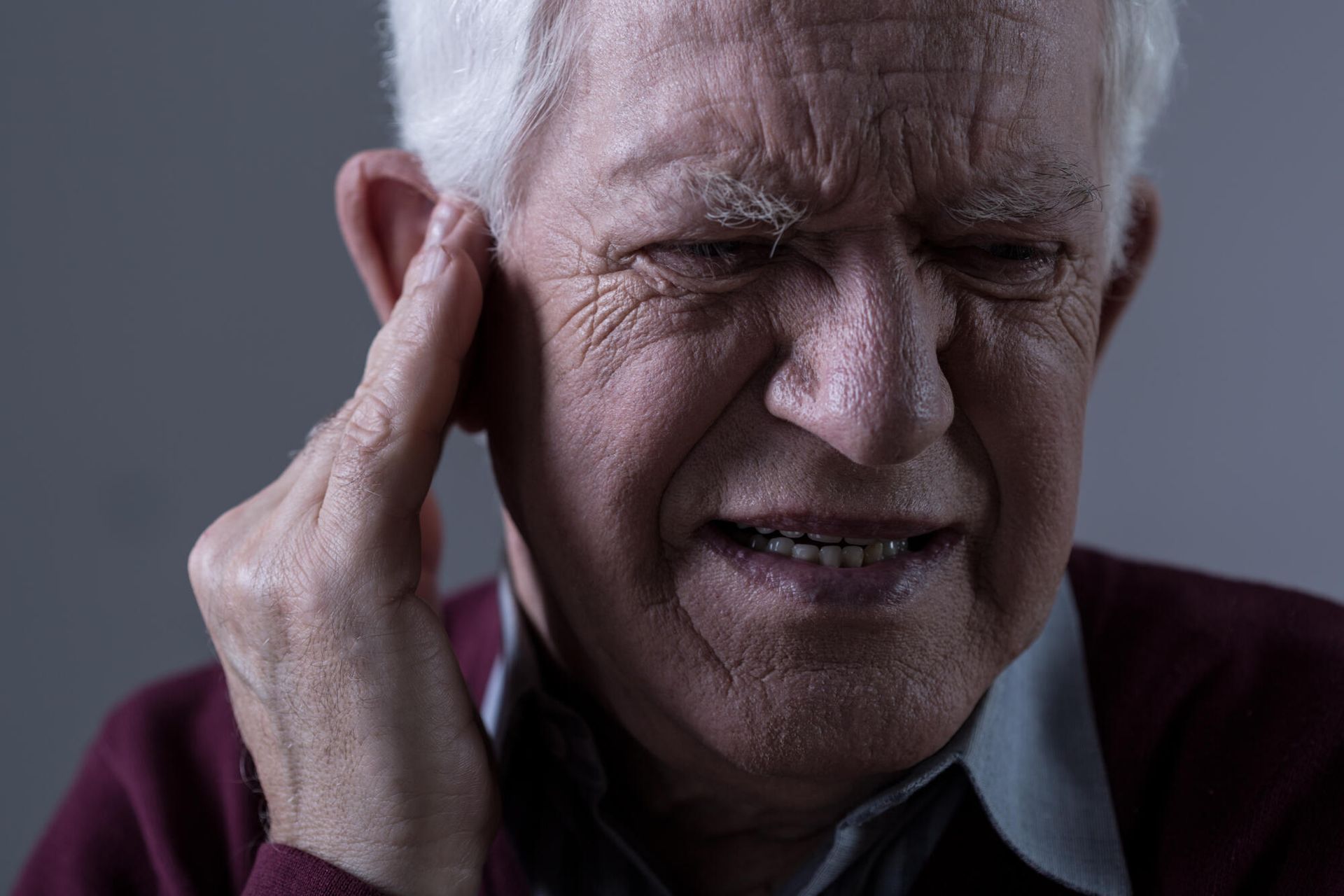TMJ Symptoms and Causes: What You Need to Know

Epidemiologic studies show that as many as 75% of adults show one sign of joint dysfunction. One common type of joint dysfunction is Temporomandibular Joint disorder, also known as TMJ.
This can be a painful disorder and is often only found in the adult population. Still, it can be difficult to determine whether your symptoms point to a TMJ disorder or some other problem. Learning more about TMJ symptoms and their causes can help you find the right treatment for your needs.
Do you want to learn more about TMJ? Keep reading this guide for everything you need to know about TMJ causes, TMJ treatment, and more.
What Is TMJ
Temporomandibular Joint Disorders affect the temporomandibular joint in your mouth. This joint works as a hinge to keep your jawbone and your skull connected. This disorder affects the joints in your jaw, as well as surrounding ligaments or muscles in your mouth.
Many people experience pain or discomfort while chewing when they have TMJ.
Luckily, TMJ is often temporary and can easily be managed. One of the easiest TMJ treatment options includes self-care practices. This includes using hot or cold packs, eating softer foods to allow your jaw to rest, and even wearing a mouthguard at night.
There are also TMJ exercises that you can do for pain relief. If none of these options work to relieve your TMJ symptoms, you can also meet with a dentist that specializes in TMJ and TMD.
Other more invasive treatments include injections and open surgery.
What Causes TMJ
It can be difficult to determine exactly what causes a specific TMJ disorder. This is because there are several ways in which this disorder can occur.
For example, you may find that your temporomandibular joint was damaged by some sort of impact or trauma. If you were hit in the face or had a jaw injury, this may be what caused your disorder to develop.
This joint can also be damaged by arthritis or if the disk moves out of its proper alignment.
Other risk factors that can increase your chance of developing this type of disorder include connective tissue diseases and even grinding or clenching your teeth. If you grind your teeth excessively, you may also be
diagnosed with Bruxism.
Common TMJ Symptoms
There are many common symptoms associated with TMJ. Learning more about these symptoms can help you identify what is causing your jaw issues and can help you find the right treatment.
Here are some of the most common symptoms of TMJ.
Jaw Pain
The most common symptom of TMJ is jaw pain. This pain typically comes from one or both of your temporomandibular joints and can result in localized pain or pain in the face. If you feel dull, aching facial pain, it is likely due to an issue with your jaw.
Many people also experience pain in or around their ears when they have a TMJ disorder.
Jaw Sounds
When your temporomandibular joint does not work properly, you may also notice that your jaw makes noises. This is especially common when you chew or open and close your mouth.
While these jaw sounds are not typically painful, they can be quite irritating.
People often refer to these sounds as clicking, grating, or popping sounds coming from their jaw joint.
Headaches
Headaches are another common TMJ symptom, especially if your TMJ is caused by grinding or clenching your teeth. This is because there is a muscle near your TMJ that runs along your jaw and cheeks.
When you clench your teeth, not only does this affect your jawbone, but it can also affect these muscles and result in severe headaches that feel like a tension headache or migraine.
Problems With Teeth
TMJ disorders also go hand in hand with other problems with your teeth. Because TMJ is often caused or exacerbated by teeth clenching and grinding, you may find that you also have sore, achy teeth when you have a TMJ disorder.
The more you grind or clench your teeth, the more likely your teeth are to get worn down, chipped, or cracked.
Many people even experience issues with their bite when they have a TMJ disorder.
Difficulty Chewing
Another common symptom of a TMJ disorder is difficulty chewing or experiencing pain while you chew. This is because your temporomandibular joint is responsible for opening and closing your mouth, which you do a lot when you eat and chew.
When this joint is damaged or painful to use, it becomes difficult to use it for your daily needs.
Not only can a TMJ disorder make it difficult to chew without pain, but it can also lead to a tired feeling in your face. You may feel like your jawbone is too tired to function properly.
Locking of the Joint
Finally, you may have a TMJ disorder if your temporomandibular joint begins to lock and no longer moves smoothly. When the joint is in good condition, it works like a hinge to let your jaw move naturally.
With a TMJ disorder, your joint will become inflamed which makes it difficult for your jaw to open and close smoothly. This is often referred to as the locking of the joint.
This makes it difficult to use your jaw and you may be unable to open your mouth wide without it locking up.
Need Help Treating TMJ Symptoms?
TMJ is a common dental issue, but luckily there are many options for TMJ treatment.
When you are experiencing these common TMJ disorder symptoms, you may need the help of a dentist in Burke, VA to treat your pain. If you are looking for help treating your TMJ disorder, Dental Care Burke can help! Our team specializes in TMJ and TMD dentistry and can help you ease your TMJ symptoms.
Contact us today to get a Temporomandibular Joint Dysfunction consultation!
Dr. Bernard Lynch
Joshua Kibrom
Michael Gebre












